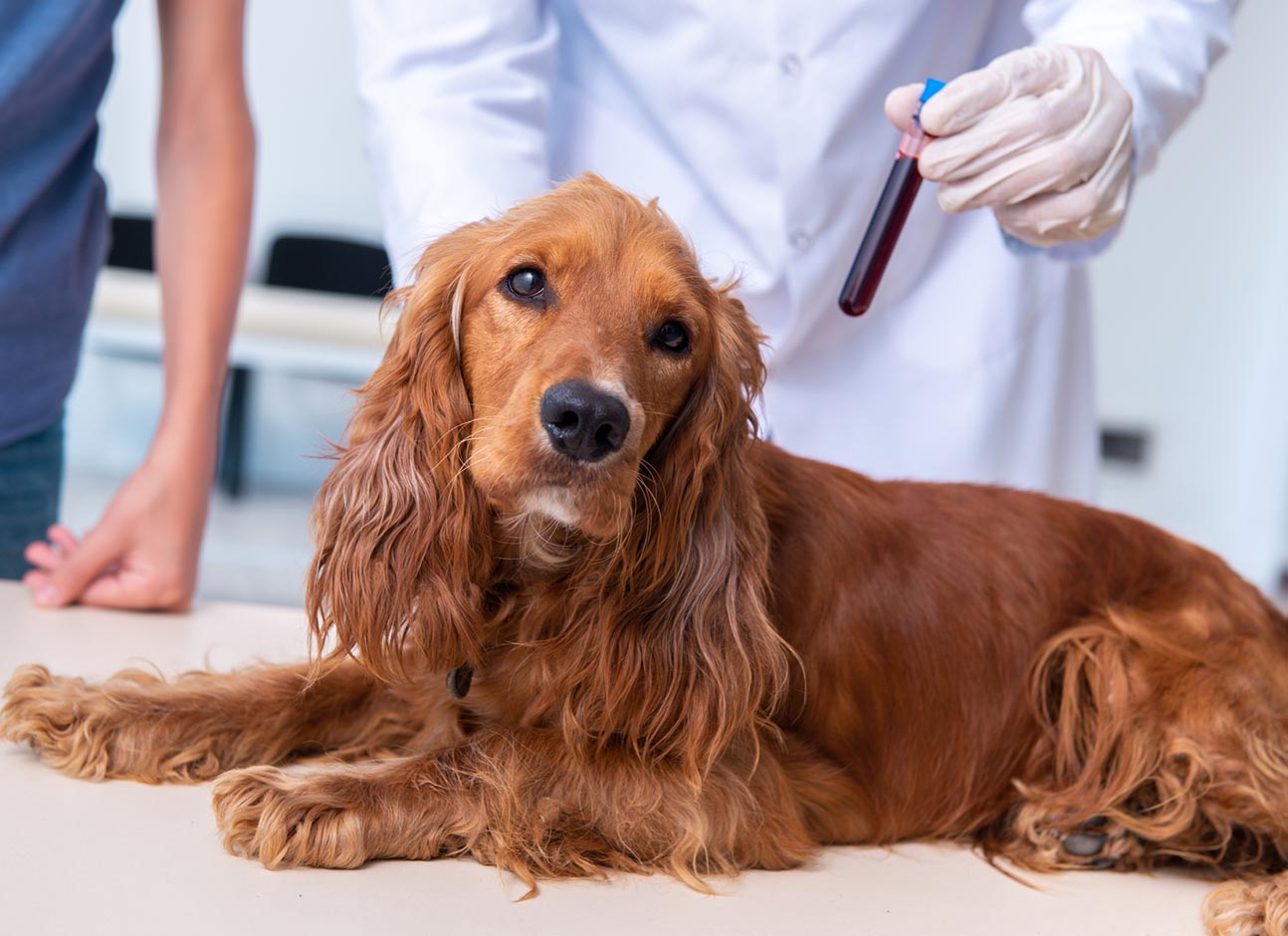Rabies is an extremely serious, acute, and always fatal illness caused by a virus that can be transmitted from pets to their owners. It is ubiquitous, as carriers are often animals living in the wild. Vaccination is the only effective method of prevention, making it essential for household pets.
The first vaccination is typically administered at three months of age. However, in regions with increased risk, vaccination at two months is permissible. Subsequent vaccines are given annually. Only vaccines without live virus content are allowed, making it impossible to infect a pet with the vaccine. Vaccinations should only be administered in licensed veterinary institutions.
To detect the disease in time, it is necessary to conduct a test and isolate any infected animals. In the past, animals were isolated based on suspicion and observed for a month, with euthanasia and brain study conducted in case of suspicious symptoms.
Enzyme Immunoassay (ELISA)
Currently, there is an effective and fast diagnostic method called ELISA or enzyme immunoassay. This laboratory study examines animal blood for the presence of specific antibodies characteristic of rabies. The analysis takes about five hours and has a 98% accuracy rate.
This test is often mandatory in many countries for transporting a pet across the border. A document confirming routine vaccinations against rabies and the presence of antibodies according to international norms must be presented at customs to verify the vaccination’s effectiveness in protecting the pet.
Before Testing for Antibodies
The pet should have a veterinary passport.
The vaccine must be certified, and the pet must be of appropriate age, and treated for parasites and worms at least 7-10 days before vaccination.
Vaccination should be conducted in a veterinary institution with a mandatory record in the preventive journal and the pet’s veterinary passport, including seals and signatures of the administering doctor.
An antibody test should be performed at least 30 days after vaccination, as this time is necessary for the body to develop antibodies.
It is important to remember that testing should be carried out only in certified laboratories and takes about a month. Pets should not be fed for 6-8 hours before blood is drawn for the test; only water should be provided.
In case of an insufficient amount of antibodies is detected in the analysis, another vaccination should be administered, and the test should be repeated 30 days later.
